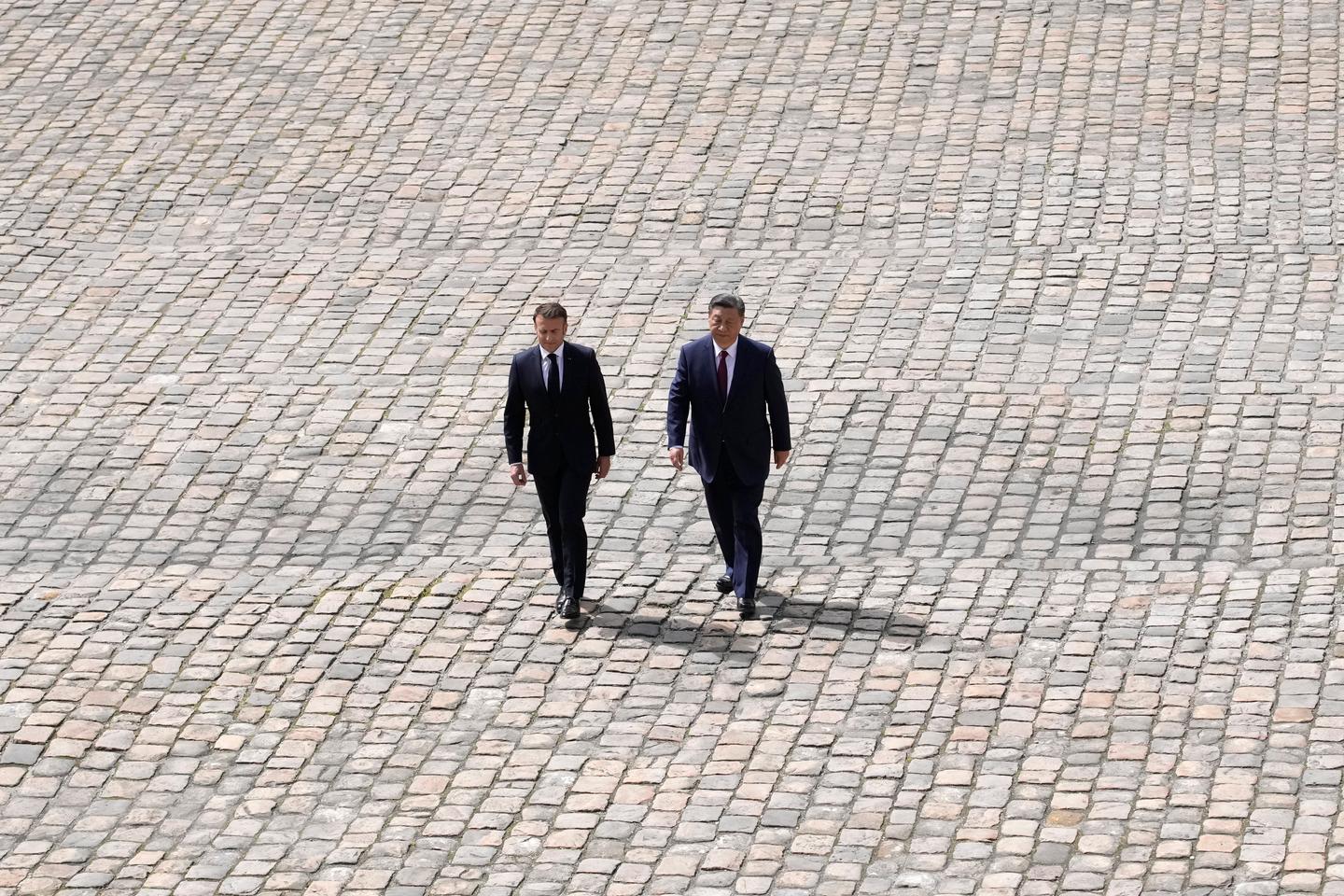

Jean Pisani-Ferry: 'The danger is a growing divergence between the US and Europe on the China issue'

On May 14, US President Joe Biden announced a fourfold increase in tariffs on electric vehicles imported from China, from 25% to 100%, as well as a substantial increase in tariffs on batteries, solar panels and a range of other Chinese products.
Expected, though contrary to World Trade Organization rules, this decision can above all be seen as a symbolic gesture. It aims to pre-empt Donald Trump by depriving him of a campaign argument in working-class districts of key states ahead of the November presidential election. The United States imports virtually no Chinese electric vehicles. More broadly speaking, all the products affected by the measure announced by Biden represent only $18 billion (€16.60 billion), or less than 5% of imports from China.
Nevertheless, this decision marks a change in American policy. While Biden had not questioned Trump's tariffs, he had until now been careful not to raise them.
Since the Inflation Reduction Act (IRA) of 2022, green industrial policy has been based on subsidies, albeit with local content clauses, available to companies worldwide. This policy is already bearing fruit: between early 2022 (before the IRA) and early 2023 (after), investment in green technologies rose by 36%. Increased trade protection for a whole range of green products certainly indicates a desire to build a new decarbonized industry in the US, largely decoupled from China.
The change is that, until now, the role of trade policy in the Biden administration's strategy has not been primarily to safeguard jobs or promote industrial development, but to preserve economic security. National Security Adviser Jake Sullivan was careful to point out that the administration's objective was to protect critical technologies, not to erect a wall against Chinese exports. From Beijing's point of view, this change will certainly be seen as a further sign of America's desire to distance itself from China.
'De-risking' the relationship
This issue is of vital importance to the European Union (EU). Unlike the US, the EU already imports Chinese electric vehicles, which now account for a quarter of new registrations. Fearing a massive influx of these vehicles, the EU has launched an anti-subsidy investigation, the results of which will be known this summer, and will probably lead to the implementation of countervailing customs duties.
However, these duties are likely to be well below 100%, and like Japanese carmakers in the 1990s, Chinese manufacturers are already looking at where and how to invest to maintain their access to the European market. They are being explicitly encouraged to do so by some governments, including France, where Bruno Le Maire, the economy minister, reaffirmed this invitation to invest during President Xi Jinping's visit to France.
You have 44.63% of this article left to read. The rest is for subscribers only.
